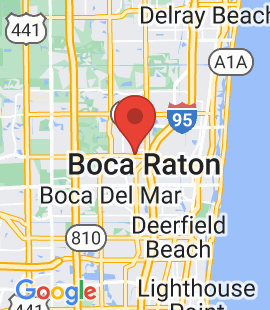
The symptoms of food allergies are caused by an interaction between a food allergen and an antibody known as IGE (Immunoglobin E). Skin tests may be used to learn the specific foods that cause the allergic reaction.
Company Name is experienced in treating Food Allergic conditions.
Signs of a food allergy may include:
• Stuffy or itchy nose, sneezing, or itchy and teary eyes
• A rash or red, itchy skin
• Vomiting, stomach cramps or diarrhea
• Hoarseness, throat tightness or a lump in the throat
• Angioedema or swelling around the eyes or lips
• Wheezing, chest tightness or trouble breathing
We have excellent skin testing materials for determining a food allergy. They have proven to be a more sensitive type of test than blood allergy tests. If a food allergy exists, we teach the patient and their caregivers how to avoid these foods and how to prepare for accidental ingestion.
To learn about you, the allergist will interview you about your medical history, and then, do a complete physical exam. The doctor will enquire about the foods you eat that cause you problems, how frequently you consume them, the seasons that relate to these foods, how severe the reactions are, and the types of reactions you experience, as well as the time interval between consumption and the reaction.
Although a person could have an allergy to almost any food, the following 8 foods account for almost 90 percent of all food-related allergic reactions:
• Eggs/Milk
• Tree nuts/Peanuts
• Shellfish/Fish
• Wheat/Soy
Even if a child has had severe reactions to cow's milk, egg, soy, and wheat, most of them will outgrow these allergies. Approximately 20% of children who experience peanut allergy will outgrow it, and 9% of children with tree nut allergy will outgrow it. It’s possible that your allergist will be able to tell you if and when your child will outgrow their allergies.
By taking a careful history, performing a physical exam and other appropriate tests, your doctor can accurately diagnose your food allergies. The typical “treatment” for food allergies is – AVOID IT. Some clinical trials exist that are attempting to treat the food allergies by desensitizing.
Contact us for more information at (561) 123-1234.
FREE CONSULTATION
Call Us Now!
CONTACT US
THE EASY - BREEZY BREATHING


